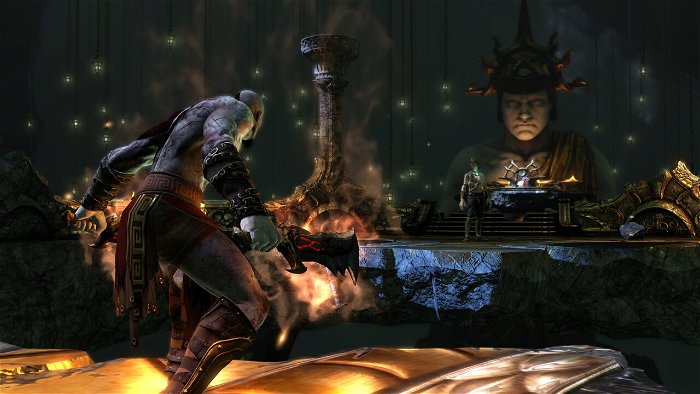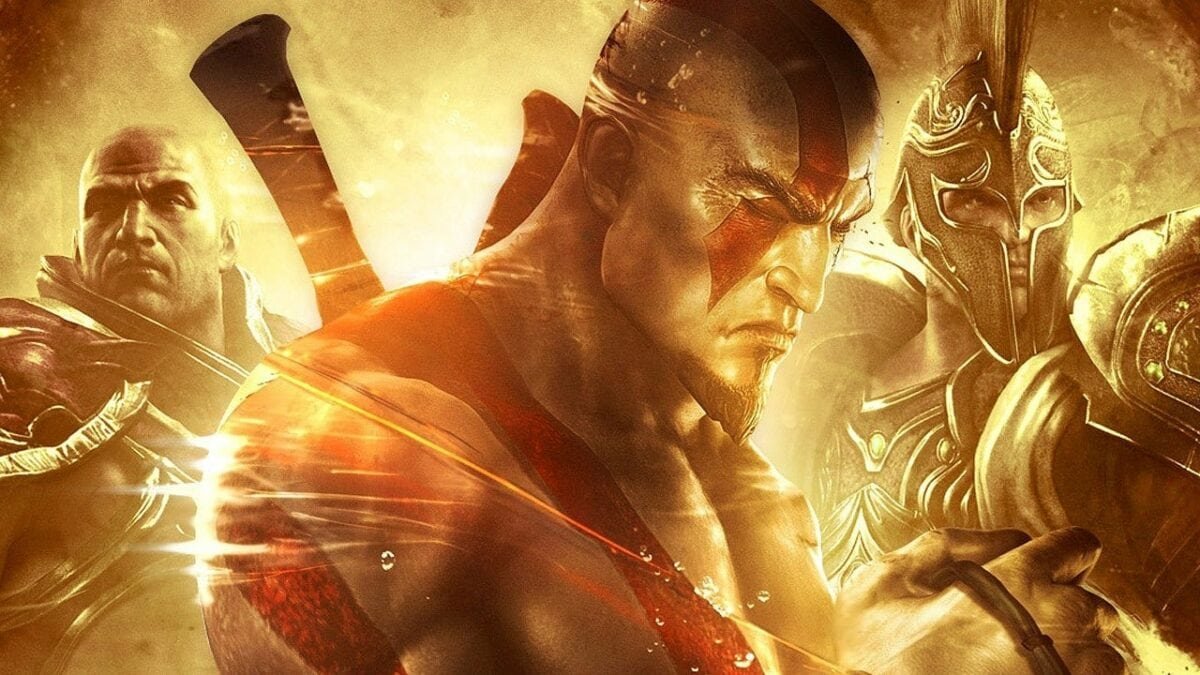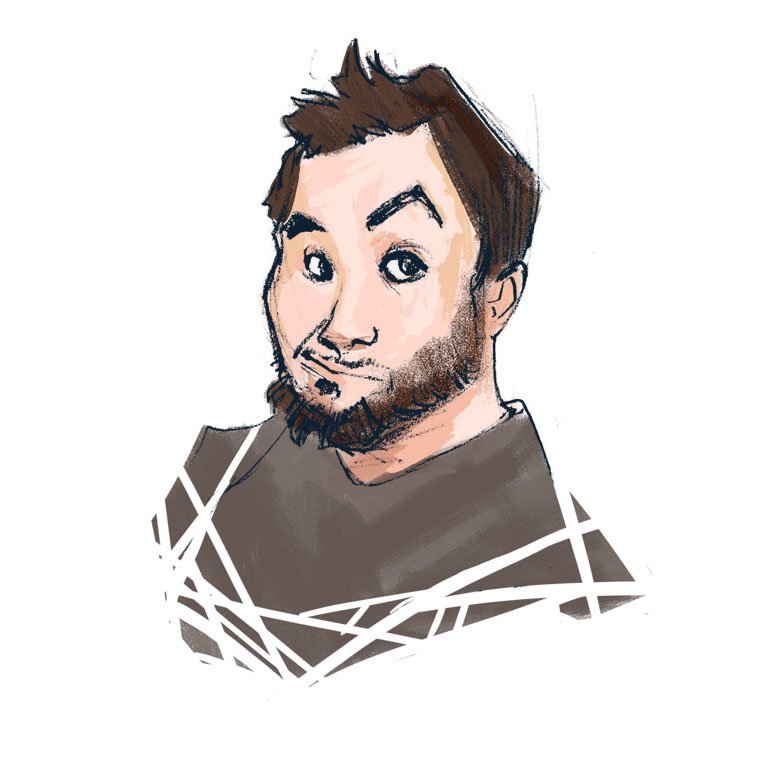There are few brands in gaming with a history in the industry like Sony. Entering the market in the mid-1990’s out of spite, PlayStation quickly became synonymous with quality, cutting edge console gaming, and excellent first party exclusives. With a library consisting of franchises like Crash Bandicoot, Ratchet & Clank, Gran Turismo, Jack & Daxter along with titles like Ico, Shadow of the Colossus, and more we could include (but there is only so much paper in the world). Sony pushed SEGA in the mud and kicked Nintendo in the shins to become the destination for the home console experience.
Still, even with all those classic experiences, few had the staying power of God of War. Even today, in the year 2022, following a soft reboot that saw the franchise take a slower pace, focus is much more heavily on character development, and a whole new pantheon of gods to take on, the series is going strong with a new title releasing just in time for this year’s holiday season.
Surely, there’s no doubt that God of War Ragnarök will probably be another all-time-classic that will be remembered for decades to come, but before the series embarked on its next saga, fans were treated to a prequel pre-dating all of Kratos’ adventures—God of War: Ascension. A title that still divides fans to this day.
Before we get into that, let’s turn on our PlayStation 3s, and remember the magical year of 2013. It’s March, Harlem Shake by Baauer is dominating the charts, while Get Lucky by Daft Punk took over radio waves just a month prior. Audiences flocked to the silver screen to see James Franco star in Oz: the Great and Powerful. Iron Man 3 was only two months from releasing—same with The Great Gatsby— followed by Man of Steel in June. The year would be capped off with The Hunger Games: Catching Fire in November.
Meanwhile, in the world of gaming, Sony’s PlayStation 3 was fighting for second place in the market against the Xbox 360 while the Nintendo Wii sat unused in everyone’s house while its successor, the WiiU, just launched a year prior to very little fanfare.
“…before the series embarked on its next saga, fans were treated to a prequel pre-dating all of Kratos’ adventures—God of War: Ascension. A title that still divides fans to this day.”
Sony, after a rough start to the generation, turned things around with a string of generational successes like Uncharted 2, Little Big Planet, and of course, God of War III. Wrapping up Kratos’ saga, there was nowhere left to explore. There were no more Greek gods to conquer, but we weren’t quite ready to move on to other pantheons. So, Sony did what they’ve already done a few times already and gave us another prequel to Kratos’ story. Only this time, this wasn’t going to be a smaller handheld title made by a secondary studio. Instead, we were going back to the beginning with an experience developed by Sony Santa Monica.

God of War: Ascension puts players back in the boots of Kratos, an angry man from ancient Sparta who is Hades-bent on getting some good ol’ fashioned revenge against Ares, ancient Greek God of War. You see, the literal God of war was a real jerk who duped our protagonist into slaughtering his entire family, and for some reason didn’t expect any repercussions.
Now, anyone who has played the original games knows how that goes, but Ascension serves as a prequel to the six titles that were released prior, so this Kratos is just beginning his vengeance tour. Set six months after the gruesome events mentioned previously, Kratos renounces his blood oath to the god, which makes him the target of the “Furies”, deities of vengeance in Greek mythology, as a result.
These “guardians of honour. Enforcers of punishment. The bane of traitors,” had no allegiance to the Gods or Titans, predating both. Despite that, they don’t seem to be big fans of common folk and creatures rejecting their oaths to the gods of Olympus, so our antagonist found himself in a pickle. This sets up our basic plot where Kratos escapes their grasps and decides to go all Dirty Harry on them. That sounds like an interesting enough concept, but it wasn’t really explored.

In fact, it’s the most consistent complaint regarding the game. For a franchise that prides itself on epic set pieces, a continuous story, and the unique ancient mythological Greek backdrop, for longtime players of the series, the Furies felt like a step-down from previous antagonists. Additionally, many players complained that the plot never felt like it was given enough time to really be explored.
Instead, it appears Sony Santa Monica focused more on the God of War gameplay experience. The franchise’s sense of scale is still very much in fact, with massive set pieces, giant boss battles, and the game feels exactly like a God of War game pre-2018. In a 2013 interview on PlayStation Access, the game’s Combat Designer, Jason McDonald stated the intent for the combat was to give players more abilities while making the game still feel like it belongs in the series.
“Wrapping up Kratos’ saga, there was nowhere left to explore. There were no more Greek gods to conquer, but we weren’t quite ready to move on to other pantheons.”
Keep in mind, this came just before the big re-tooling, so it was important for Sony Santa Monica to keep the game feeling like the previous games in the series while still giving the players what they needed to play the game how they want. “We did that by giving [Kratos] more options on the battlefield, using enemies as weapons, picking up weapons, even abilities that eventually get into his blades—all of those are options the player has” explained McDonald.
Fans and critics alike praised the game for the fast-paced, combo-centric combat, and the blade abilities was a source of positivity almost universally. The game also introduced multiplayer gameplay to the series, another addition that was met with near-universal adoration. With an 80 metascore and a 7.7 user score on Metacritic, at first glance, it appears that God of War: Ascension was nothing short of a hit worthy of sitting alongside the other classics in the series. Yet, it sits in a strange place in the hearts and minds of fans.

A quick search on YouTube yields a number of think pieces regarding “what went wrong” and why this game marked the end of an era for God of War—none of which seem to mention that the story was finished and if it were to continue, Kratos would have to move on from the Greek pantheon. In terms of sales, it underperformed compared to previous titles by varying degrees in different markets. According to an article from GameIndustry.biz written in 2013, God of War: Ascension sold 360,000 units in the USA. Compare that to the other entries in the series, which sold over 1 million units three years earlier, and you can see the game did disappoint in that department.
The fact of the matter is, God of War: Ascension is treated as the big misstep in the franchise. The reason seems to near-universally point to the fact that the series was tired at this point. Between 2005 to 2013, there were six God of War games. While each game was met with favourable reviews and fantastic first-party sales, it was clear the formula that debuted on the PlayStation 2 was in need of an overhaul.
“The fact of the matter is, God of War: Ascension is treated as the big misstep in the franchise.”
While there was nothing wrong with this style of game, fans were overfed by the God of War formula. Between the years of 2005 and 2013, there were five games in the franchise with three releasing between 2008 and 2010. Additionally, Sony did not hold back on the compilations. In 2009, there was the God of War Collection which included the first two games. Then in 2011, there was the God of War: Origins collection which included the two PSP titles, God of War: Chains of Olympus and God of War: Ghost of Sparta—which previously were not available on home consoles.
A year later, Sony released The God of War Saga which included all the games in the franchise. While no one was forced to purchase all of those games, there was a lot to digest in a short amount of time if you were a superfan. Sure, each of the main line series hold a special place in the history of gaming as a medium, but that success meant there was little to change. Of course, there were tweaks and improvements that come with time between each release, but the jump from game-to-game wasn’t big enough to require so many titles in such a short amount of time.


So, we could blame burnout, but that’s only part of it. The sad fact of the matter is, critics and fans alike felt like the game that was hyped to be the origin of one of the most tragic characters in Sony’s library just didn’t do enough to deserve its spot alongside the more notable entries in the series. In our own review featured in CGM’s April 2013 issue, we gave the game an 8/10 saying:
“God of War: Ascension is a ‘nice to have’ game that scratches the itch for more God of War without doing anything to advance the series. It feels like a big budget version of the PSP games, even suffering from some of the same weaknesses as those titles like relying too much on repeating waves of combat.”
That’s not a bad score, or a particularly scathing summary of a title either. While the discourse may have changed the title’s perception over time, God of War: Ascension is a solid entry in the series. If anything, the multiplayer component makes the game stick out in a way that no other title in the series ever has. Still, it’s not without its flaws, and as such it’s impossible to compare it to most of what came before and anything that was released after.





